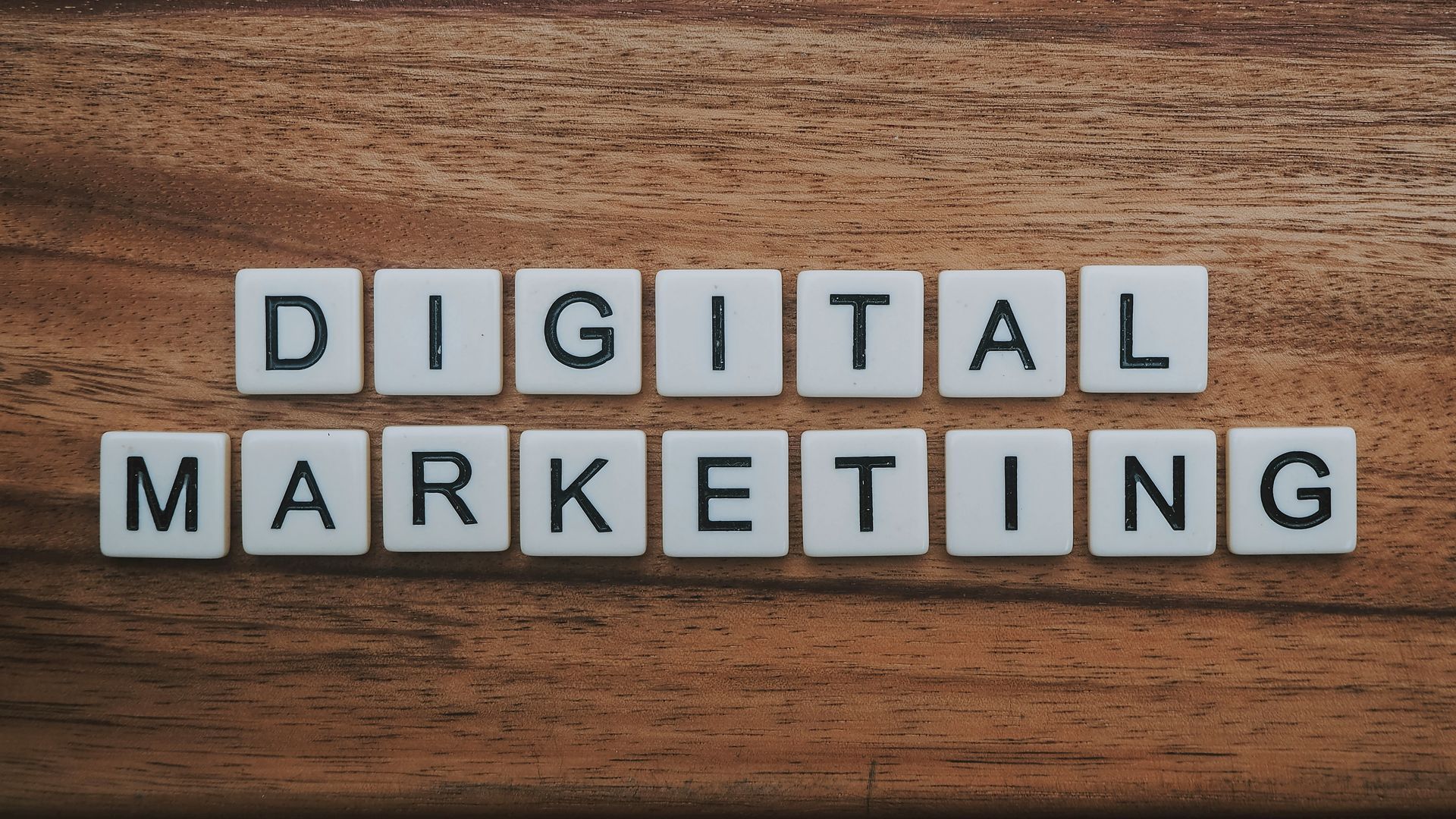MarCom Manager Meaning: Understanding Their Role in Modern Marketing

The role of a MarCom (Marketing Communications) Manager has become increasingly vital in today’s fast-paced marketing landscape. As the bridge between a company's marketing strategies and its communication efforts, a MarCom Manager plays a crucial part in shaping brand perception, customer engagement, and overall marketing success. But what exactly does a MarCom Manager do, and why is this role so important in modern marketing? In this blog, we’ll dive into the key responsibilities, skills, and strategies that define a successful MarCom Manager.
What is a MarCom Manager?
A MarCom Manager, short for Marketing Communications Manager, is responsible for overseeing and executing a company’s marketing and communication strategies. They ensure that all marketing messages align with the brand's voice and objectives, managing everything from advertising campaigns to public relations and content creation.
Core Responsibilities of a MarCom Manager
A MarCom Manager’s role spans a wide range of tasks that combine traditional marketing with modern digital strategies. Below are some of the core responsibilities that fall under this position:
1. Developing Integrated Marketing Campaigns
One of the primary roles of a MarCom Manager is to develop and implement integrated marketing campaigns that include both online and offline channels. These campaigns aim to create a cohesive message across platforms such as social media, email marketing, print, and digital advertising.
2. Brand Management
Brand management is a critical aspect of the MarCom Manager’s job. They work to maintain a consistent brand image, ensuring that all marketing materials reflect the company’s values and tone of voice. This consistency helps strengthen brand recognition and customer loyalty.
External link: Learn more about brand management and its importance on Wikipedia.
3. Content Creation and Distribution
From blog posts to social media updates, a MarCom Manager oversees the creation and distribution of marketing content. They work closely with content creators, designers, and external agencies to produce content that resonates with the target audience and aligns with the company's goals.
4. Public Relations and Media Outreach
MarCom Managers often manage the company’s public relations efforts, including writing press releases, coordinating media outreach, and managing relationships with journalists. They play a key role in shaping how the company is perceived by the public and media outlets.
5. Monitoring Campaign Performance
Another critical responsibility of a MarCom Manager is to track and analyze marketing campaign performance. They use metrics such as engagement rates, lead generation, and conversion rates to measure the effectiveness of campaigns and adjust strategies as needed.
Internal link: Discover how our digital marketing services can help you track campaign performance more effectively.

Why is a MarCom Manager Important in Modern Marketing?
In the modern marketing landscape, where consumers are bombarded with messages across multiple platforms, the need for cohesive, integrated communications has never been greater. Here’s why the role of a MarCom Manager is so crucial:
1. Ensures Consistency Across Channels
With so many channels to manage—from social media to email marketing to SEO—it's easy for a brand's message to become disjointed. A MarCom Manager ensures that all communication is aligned, creating a seamless experience for customers across touchpoints.
2. Adapts to the Digital Landscape
The rise of digital marketing has significantly changed the way companies engage with their audiences. A MarCom Manager stays updated on the latest digital marketing trends, incorporating new tools such as data analytics, AI, and automation into the overall marketing strategy.
External link: Learn about the impact of digital marketing on business from Forbes.
3. Enhances Customer Engagement
By creating targeted campaigns and personalized content, a MarCom Manager helps to deepen customer engagement. They analyze customer data to better understand needs and preferences, ensuring that marketing efforts are customer-centric.
4. Bridges Marketing and Sales
A MarCom Manager works closely with both the marketing and sales teams to ensure alignment. They help create marketing materials that not only raise brand awareness but also drive lead generation and sales conversions. By bridging the gap between these departments, they ensure that marketing efforts translate into tangible business results.
Key Skills of a Successful MarCom Manager
Being a MarCom Manager requires a diverse skill set that combines creativity, strategic thinking, and technical knowledge. Below are some of the essential skills for success in this role:
1. Strong Communication Skills
As a MarCom Manager, effective communication is at the heart of the role. This includes the ability to convey ideas clearly, manage relationships with stakeholders, and ensure that messaging resonates with the target audience.
2. Project Management
Managing multiple campaigns across different platforms requires strong project management skills. MarCom Managers need to balance deadlines, resources, and team collaboration to ensure that projects are completed on time and within budget.
3. Analytical Abilities
With the increasing importance of data in marketing, a MarCom Manager must be able to analyze metrics and use insights to improve campaigns. Tools like Google Analytics, social media analytics, and CRM software are essential for tracking performance and adjusting strategies accordingly.
Internal link: Looking to optimize your marketing analytics? Learn more about our SEO services and how they can help improve your marketing ROI.
4. Creativity and Innovation
In a competitive marketplace, creativity is key. MarCom Managers must continually come up with fresh ideas for campaigns, content, and messaging that will capture the attention of their audience.
MarCom Manager in a Digital-First World
In today’s digital-first environment, the role of a MarCom Manager is more important than ever. The integration of marketing strategies across multiple platforms requires careful coordination and expertise in both traditional and digital marketing techniques.
Navigating New Technologies
From AI-powered marketing tools to social media algorithms, the modern MarCom Manager must be adept at navigating new technologies that drive marketing success. Staying updated on the latest trends ensures that marketing efforts remain relevant and effective.
Embracing Content Marketing
Content marketing has become a cornerstone of digital strategies, and MarCom Managers play a crucial role in crafting content that informs, engages, and converts. Whether it’s through blogs, video content, or podcasts, effective content can set a brand apart in a crowded market.
Conclusion
A MarCom Manager is essential in today’s complex marketing environment. They ensure that a company's marketing and communications strategies are aligned, consistent, and effective in driving engagement and business growth. Whether it’s managing multi-channel campaigns, building brand reputation, or analyzing performance data, a MarCom Manager helps companies navigate the ever-evolving marketing landscape.
Want to elevate your marketing efforts? Contact Marcom.nl today for a free consultation and discover how our team can help you achieve your marketing goals.

ALL OUR OTHER NEWS:







